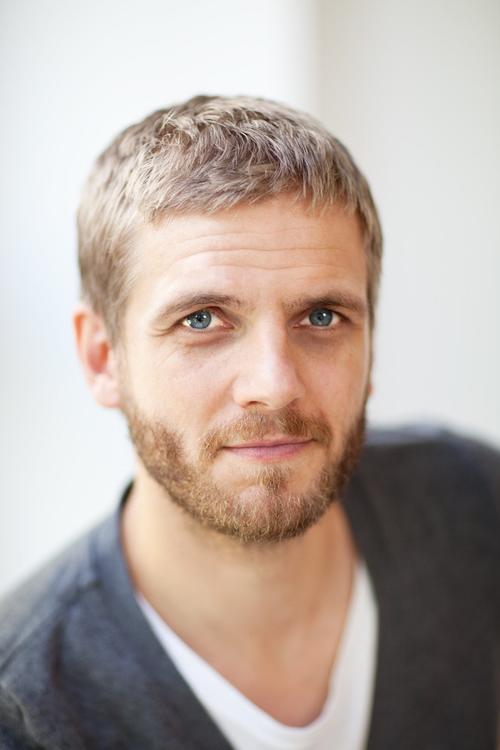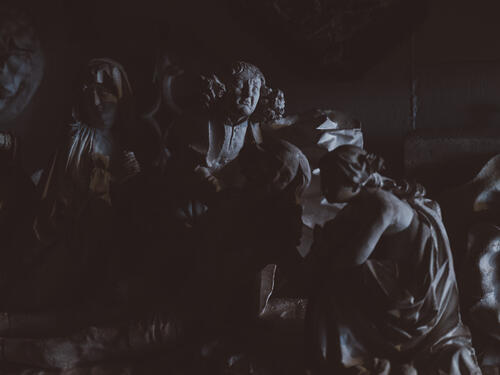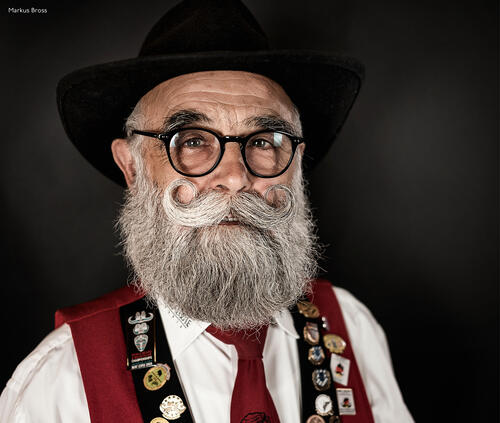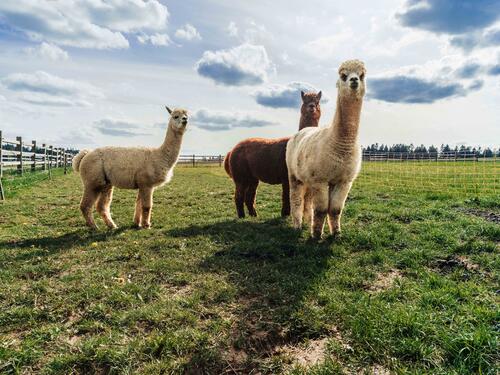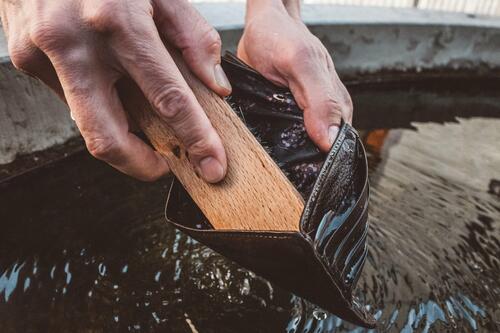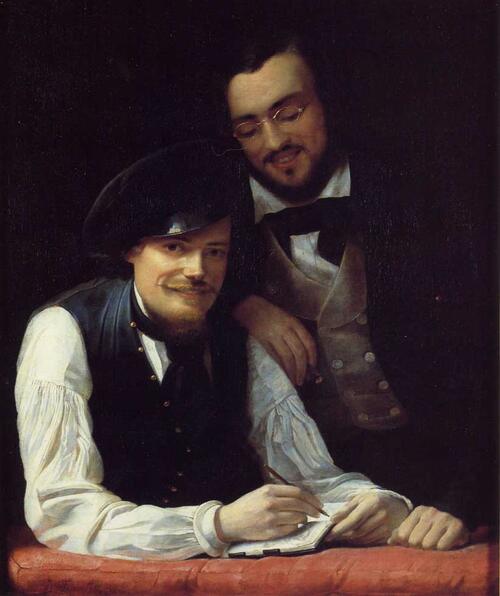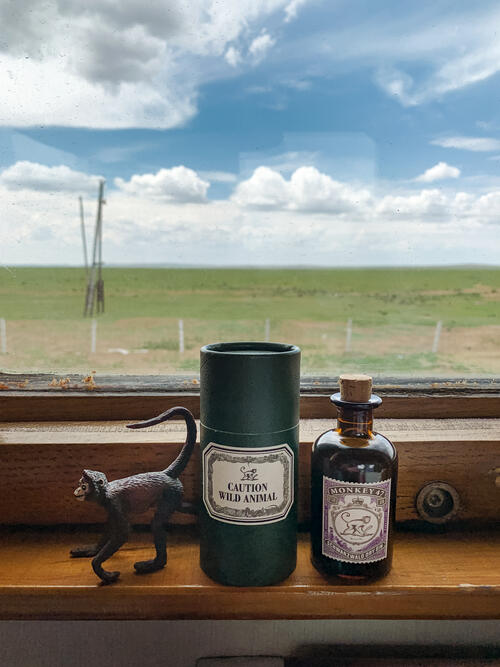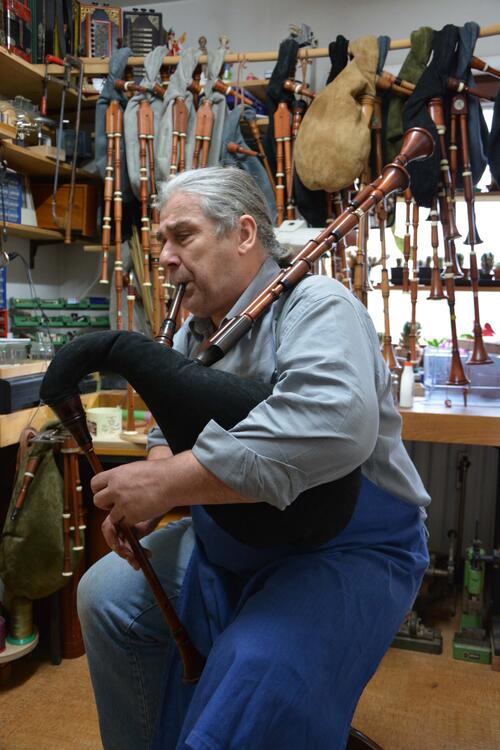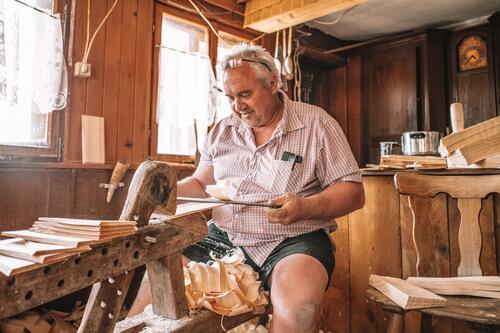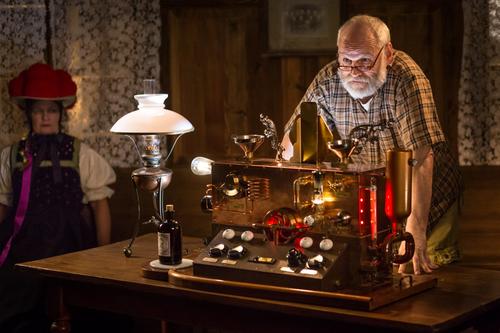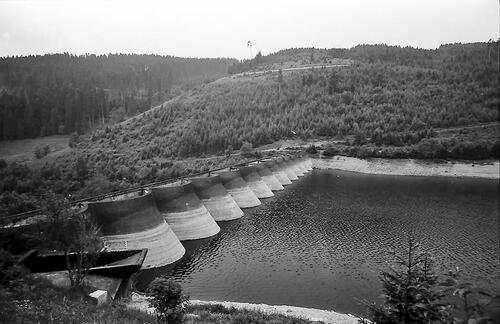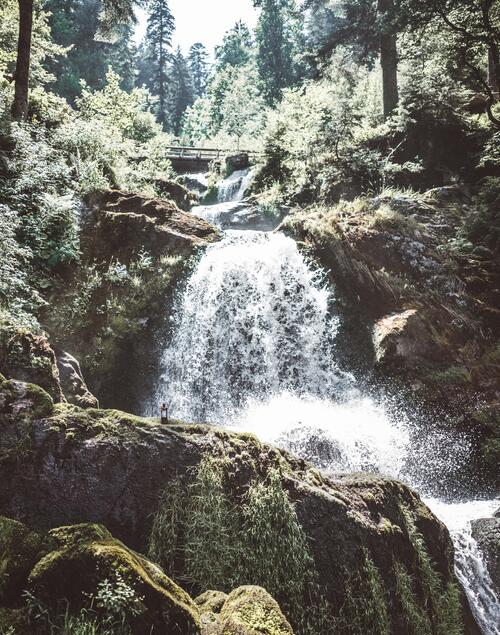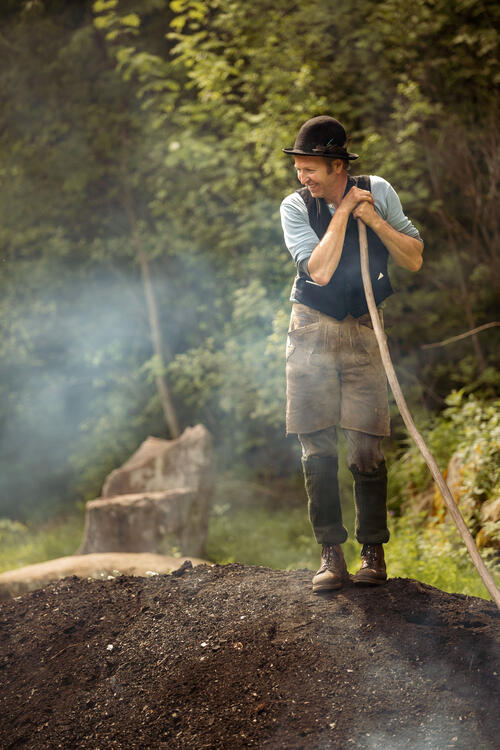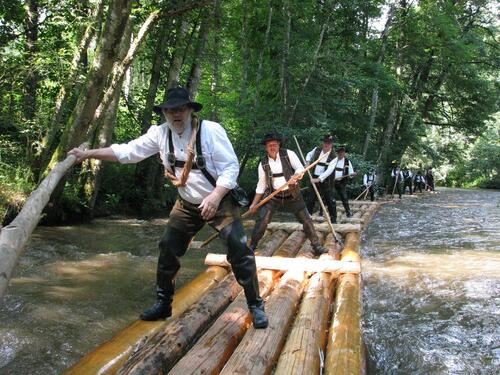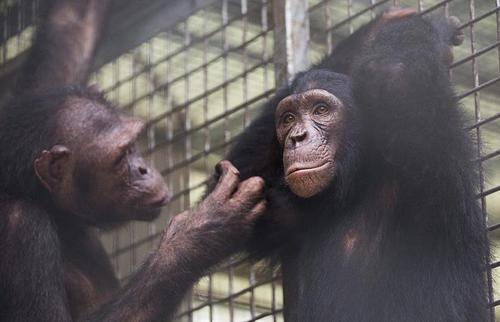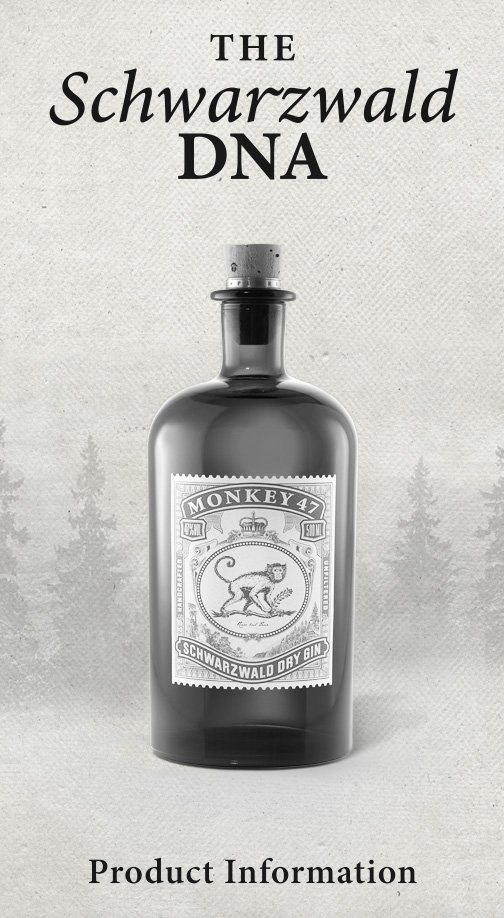Hermann Hesse
From the Black Forest to the Entire World
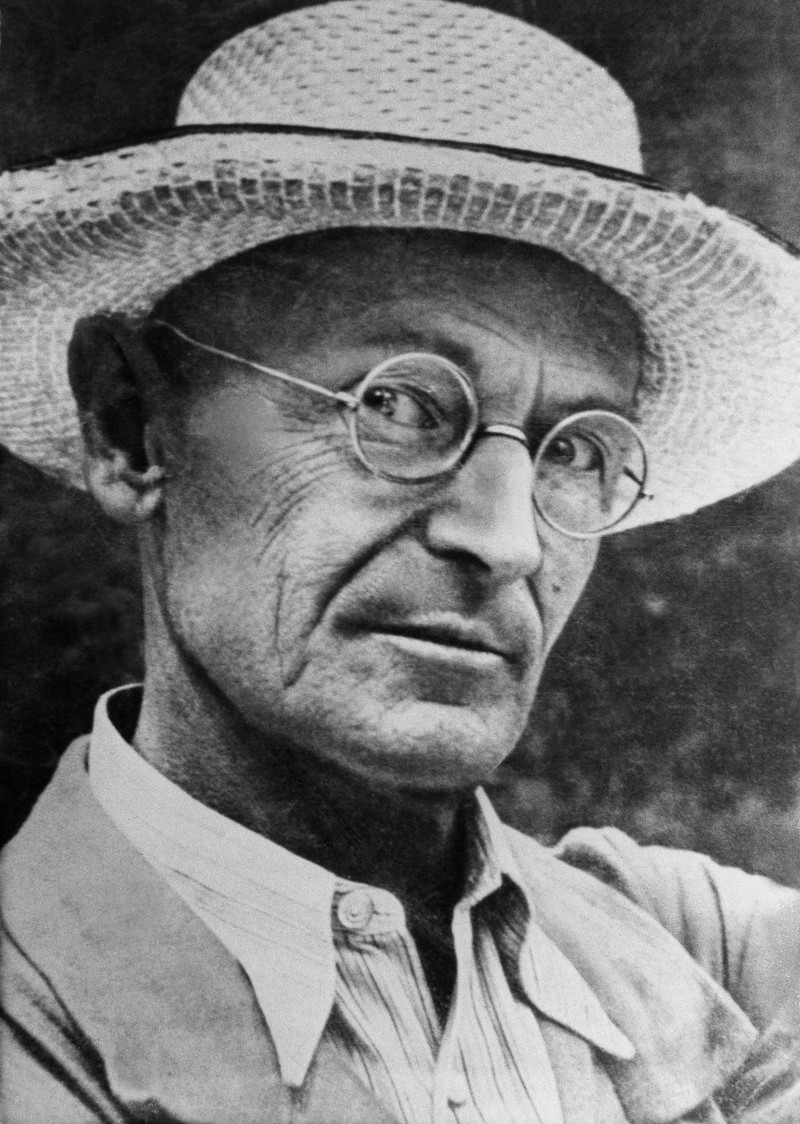
On 2 July 1877, a man was born in the Black Forest – in Calw to be precise – who would bestow upon us his words, thoughts and great poetic works. His name was Hermann Hesse. A restless soul all his life and one of the world’s most widely read German-language writers of the 20th century. As the son of a Baltic German Pietistic preacher and a missionary’s Indian-born daughter to an Indologist, Hesse spent most of his youth in the Black Forest, Basel, Maulbronn and Tübingen. Even while training to be a tower clock mechanic and working in a book shop, he pursued his writings, which were published in 1899 in his first collection of poems “Romantic Songs”. Throughout different stages of his life, the Nobel Laureate (1946) appeared to be a despairing man who, in phases of depression and after suicidal attempts, found self-expression primarily in individual letters, which he combined into something great. Some of his works published after the First World War were “Siddhartha”, “Narcissus and Goldmund”, “Steppenwolf” and “Demian”. He won the Nobel Prize in Literature for “The Glass Bead Game”. Plagued by profound crises and disappointments, Hesse got involved in politics and fought to change the prevailing power structures. He was driven by aspirations to achieve a self-determined life that rejected submission to authority and defined its own ideology. Younger generations have continued to embrace the writings and legacies associated with this stance.
He tried out married life extensively – three times in total – and lived together with his third and last wife, Ninon Dolbin, until he died on 9 August 1962 in Montagnola, Switzerland. He lived a life that embodied overall what are probably his most famous words: “And in every beginning there is a magic, that protects us and helps us to live”. (From the poem “Steps”)
We would love to invite Hermann Hesse to join us at the Schwarzwaldstube (Black Forest restaurant), to ask him questions, listen and spend time together. So we raise our Monkey glass and make a toast to a man who inspires us and whose advice we are happy to follow: “To achieve the possible, we must attempt the impossible again and again”. (Hermann Hesse)



